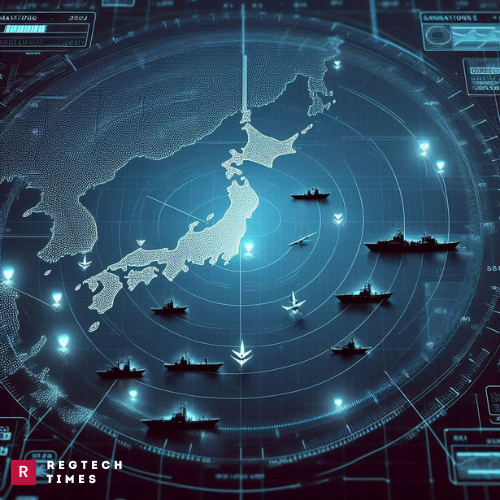New Zealand has taken a significant stride in bolstering international security efforts by announcing an expansive increase in its military contribution to sanctions monitoring against North Korea. This decision marks a pivotal moment in New Zealand’s foreign policy under Prime Minister Christopher Luxon, highlighting the nation’s commitment to upholding the international rules-based order and fostering peace and stability in the Indo-Pacific region.
Prime Minister Christopher Luxon’s Statement on Sanctions Monitoring
Prime Minister Christopher Luxon has articulated New Zealand’s firm commitment to enhancing sanctions monitoring efforts against North Korea. He outlined plans to deploy Defense Force assets for the first time in this capacity, along with increasing the frequency of aircraft deployments until September 2026. Luxon highlighted the strategic importance of these actions, emphasizing New Zealand’s proactive role in collective security endeavors.
Challenges Faced by the New Zealand Defence Force
Despite these ambitious plans, the New Zealand Defence Force faces significant challenges in its sanctions monitoring efforts. Reports have identified high attrition rates exacerbated by the COVID-19 pandemic, as well as the strain posed by aging equipment. These obstacles emphasize the need for careful resource allocation and strategic planning to ensure effective and sustainable asset deployment.
Future Military Strategy: Defense Capability Report
Minister of Defense Judith Collins provided insights into the future trajectory of New Zealand’s military strategy, particularly in sanctions monitoring. She highlighted that the Defense Capability Report is currently under review and expected to be approved by September or October. This report will outline the strategic framework for future military spending, reflecting New Zealand’s evolving security priorities and commitments to sanctions monitoring.
New Zealand’s Proactive Engagement in Regional Security
New Zealand’s decision to expand its role in North Korea’s sanctions monitoring signifies a broader shift towards proactive engagement in regional security issues. The Indo-Pacific region has witnessed increasing geopolitical tensions, highlighting the importance of robust international cooperation in maintaining stability. By strengthening its military presence and surveillance capabilities, New Zealand aims to contribute significantly to global efforts aimed at curbing illicit activities and enforcing sanctions against North Korea.
Regional and Global Implications
The decision by New Zealand to enhance its participation in sanctions monitoring against North Korea carries significant regional and global implications. In the Indo-Pacific region, where maritime security and stability are paramount, New Zealand’s increased military presence highlights its commitment to regional peace. By actively monitoring and enforcing sanctions, New Zealand not only contributes to global non-proliferation efforts but also strengthens its partnerships with like-minded nations committed to upholding international norms and rules.
Challenges and Strategic Considerations
While New Zealand’s decision is commendable, it faces several challenges on its path to effective sanctions monitoring. The high attrition rates within the Defense Force, exacerbated by recent global events, highlight the need for sustainable human resource management and training initiatives. Additionally, the modernization of aging equipment remains a priority to ensure operational readiness and effectiveness in sanctions monitoring missions.
Multilateral Cooperation and Diplomatic Engagement
New Zealand’s approach to sanctions monitoring is deeply rooted in multilateral cooperation and diplomatic engagement. By collaborating closely with international partners and organizations, New Zealand aims to leverage collective strengths in addressing regional security challenges posed by North Korea’s nuclear ambitions and ballistic missile tests. Such cooperation not only enhances operational capabilities but also reinforces global efforts towards a peaceful resolution of security concerns in the region.
In conclusion, New Zealand’s commitment to increase its military contribution to North Korea’s sanctions monitoring signifies a proactive step towards enhancing regional stability and global security. As geopolitical dynamics continue to evolve, New Zealand’s role as a responsible international actor will be pivotal in shaping collective efforts to maintain peace and uphold the rules-based order in the Indo-Pacific and beyond. By leveraging its military capabilities and diplomatic initiatives, New Zealand reaffirms its commitment to safeguarding international peace and security in an increasingly interconnected world. The path ahead will require continued strategic foresight, cooperation, and adaptation to effectively navigate the complexities of global security challenges.


